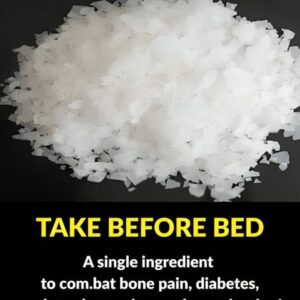In reality there are more than 300 blood types but they all fall into one of four key groups — type A, B, AB or O, collectively known as ABO.We each come under one of these groups and, while type O is considered the most common, your blood group is determined by your genetics.
Your parents each pass down their blood type genes and the mix determines your type — so, a type O mum and a type B dad could have a type O or B child, whereas a type O mum and dad could only have a type O child.What makes the four types different from each other is a molecule — known as an antigen — that attaches to the outside of your red blood cells.
“If you imagine a red cell as a doughnut, think of these molecules as the sprinkles and trimmings on the doughnut,”, according to Professor Robert Flower, from the Australian Red Cross Blood Service. These antigens are also the reason why blood type might play a role in your health.





